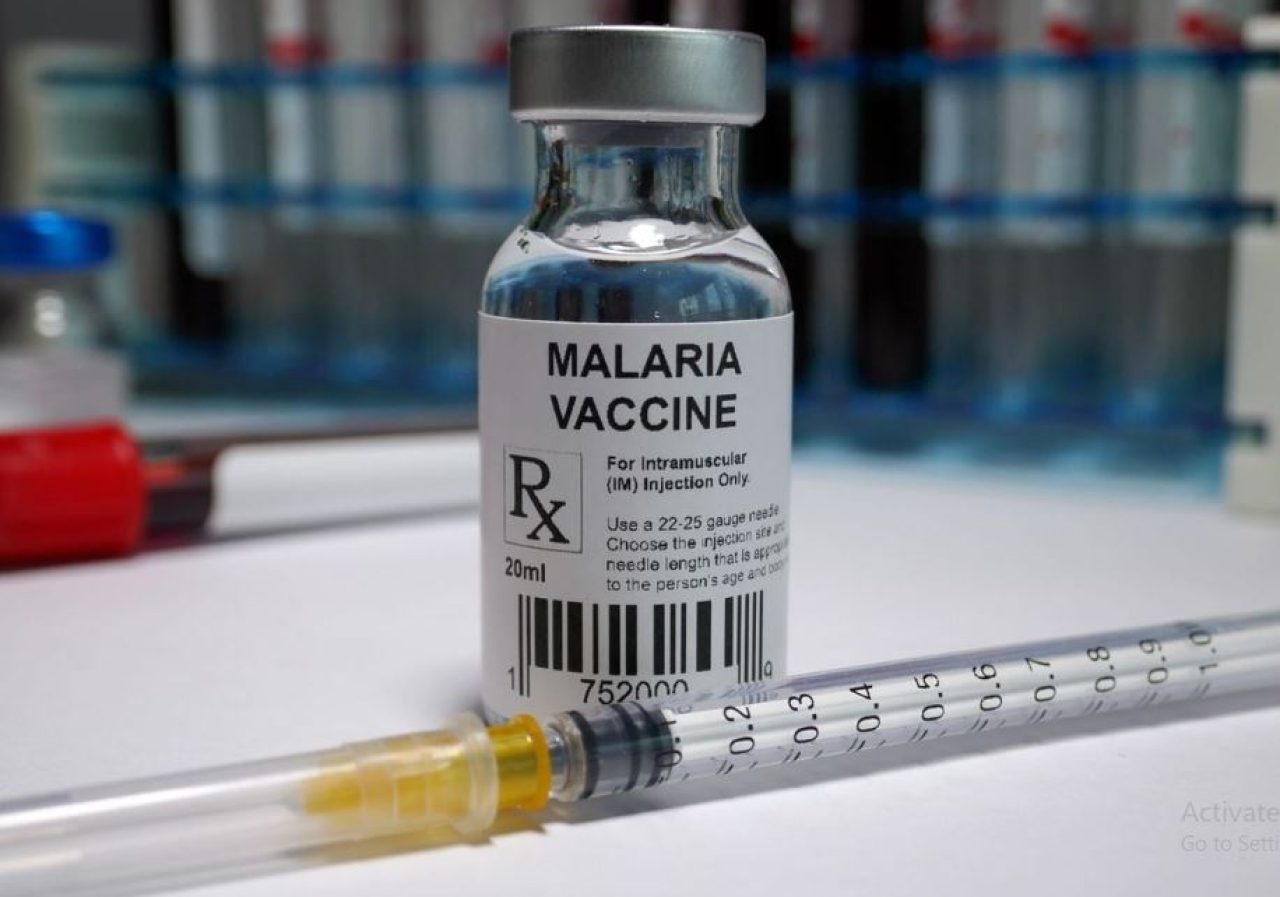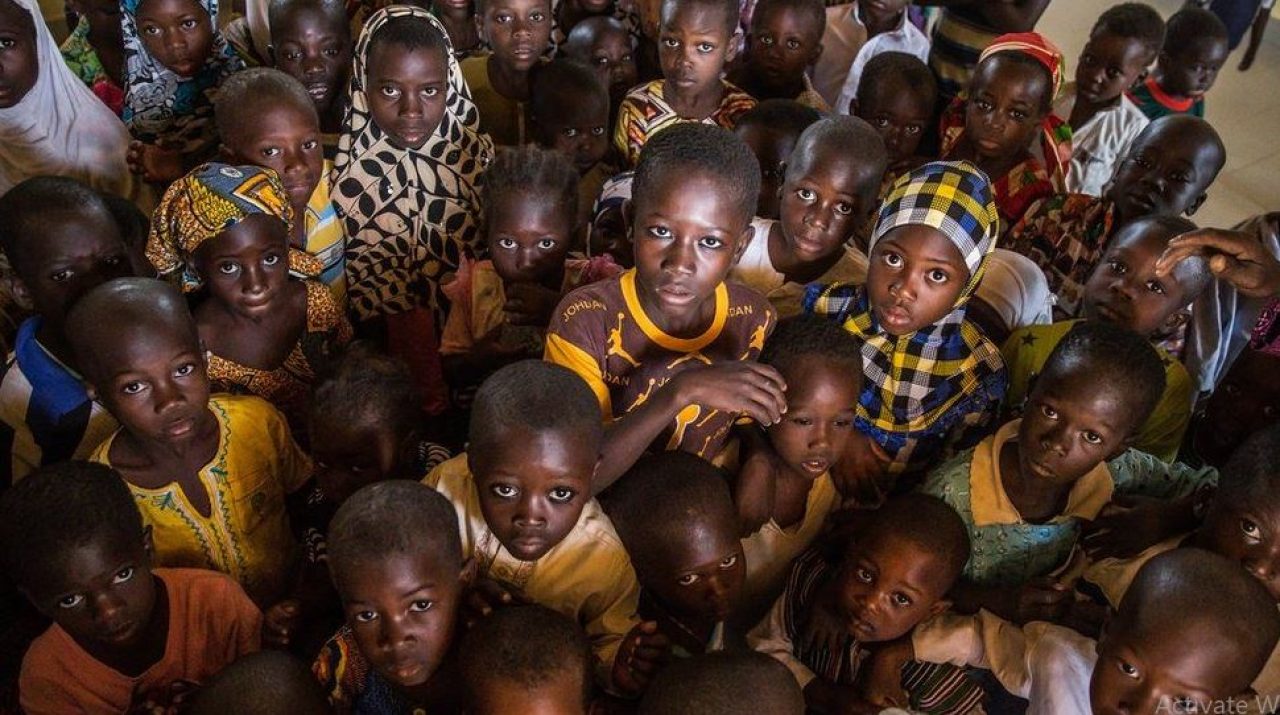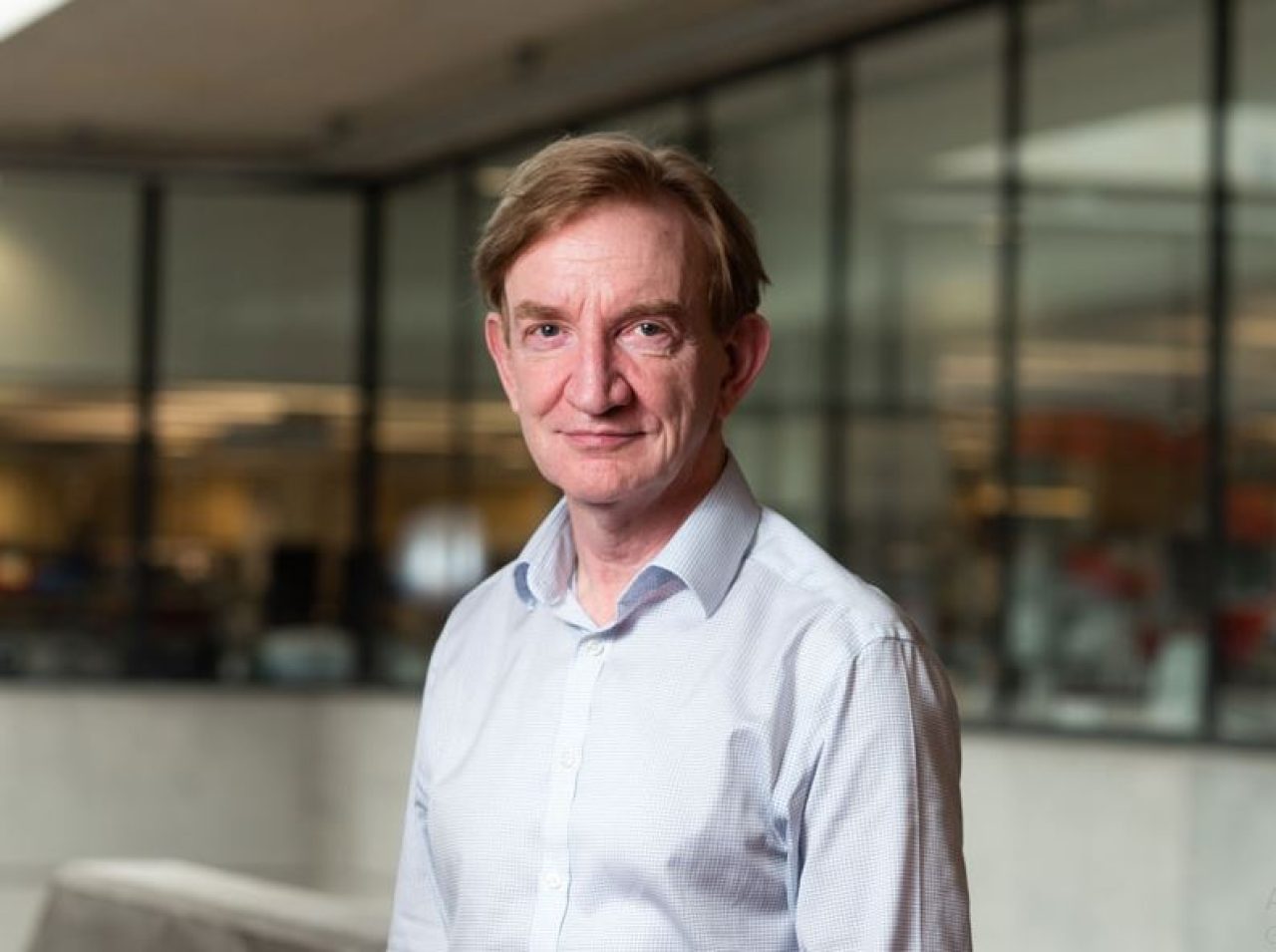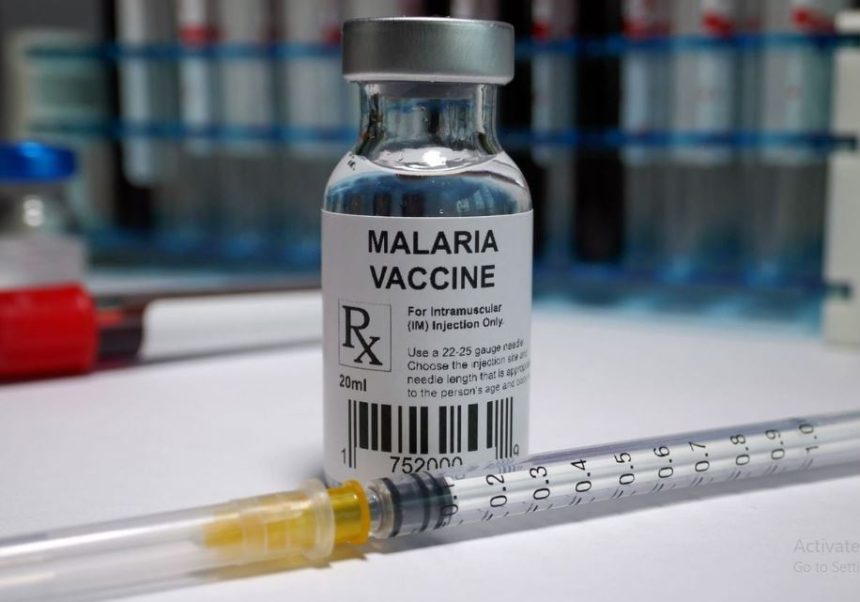Children in Ghana will be the first in the world to receive the newly developed R21 malaria vaccine after Ghana quickly became the first nation to do so.
The vaccine has not been approved by first-world nations including the United States of America, France, the United Kingdom, Germany, and many others despite their extensive medical research and equipment.

Even though the vaccine’s creators called it a “world-changer,” it is still unclear why the WHO has not backed it in its efforts to gain acceptance on a worldwide scale.
The Food and Drugs Authority, FDA, has decided to deploy the vaccine after evaluating the final study data on its safety and efficacy.
Based on trial data from Burkina Faso, where the medicine was administered in three initial doses and then again a year later, researchers determined that the drug had an 80% efficacy rate.
The FDA has given the vaccine approval for use in kids between the ages of five months and three years.
The World Health Organization and other African nations are both analyzing the data.
Further testing pending widespread use

Before considering a large-scale deployment, another experiment involving 5,000 kids is anticipated.
These have yet to be properly released, despite being anticipated to occur towards the end of last year. The BBC story said that several African governments and scientists had received access to them.
Prof. Adrian Hill, head of the Jenner Institute at the University of Oxford, where the vaccine was developed, stated in an interview with the BBC that African nations are saying “we’ll decide” after being left out of the Covid-19 vaccine deployment during the pandemic.

The Serum Institute of India is constructing a vaccination facility in Accra, Ghana, and is planning to produce 100–200 million doses annually.
“We expect R21 to make a major impact on malaria mortality in children in the coming years, and in the longer term [it] will contribute to overall final goal of malaria eradication and elimination.”
R21 is anticipated to cost a few bucks each dose.
Adar Poonawalla, CEO of the Serum Institute, said: “Developing a vaccine to greatly impact this huge disease burden has been extraordinarily difficult.”
He added that Ghana, as the first country to approve the vaccine, represents a “significant milestone in our efforts to combat malaria around the world”.





